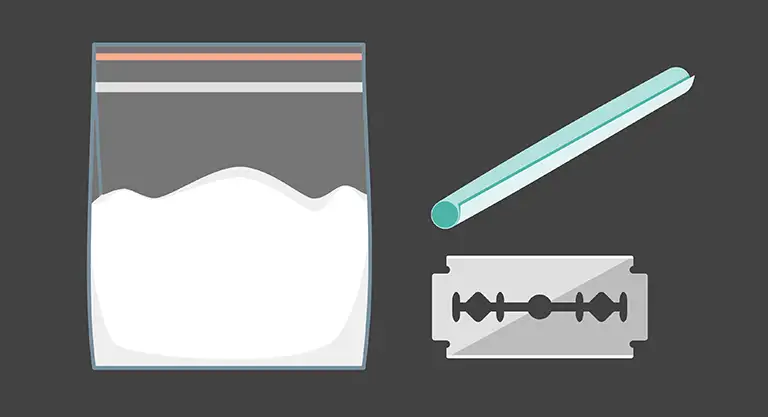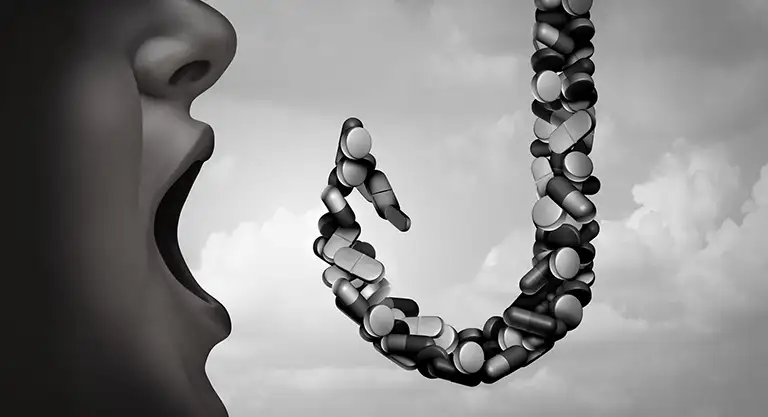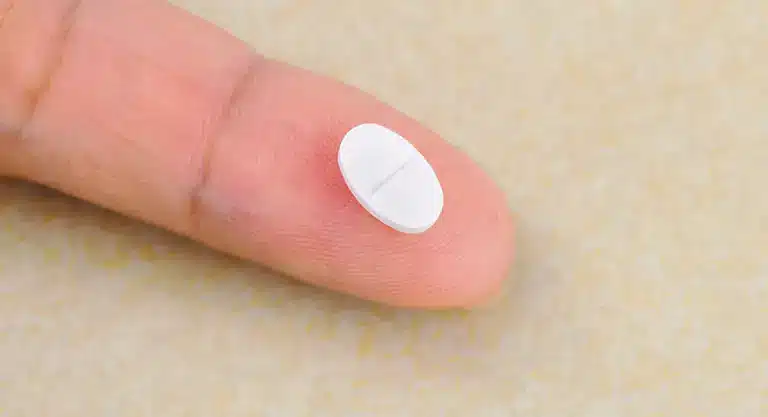If you’ve been battling an addiction to alcohol or drugs, you know you need to seek treatment. But where do you begin? Not everyone has the resources or time to check in to a pricey inpatient facility for an extended period. So how can you find treatment that will work for you in your specific situation?
Well, the good news is that outpatient addiction treatment is available here in Massachusetts, right within arm’s reach. Outpatient treatment is designed for people like you who are motivated to seek rehab, but whose lives require some flexibility. Keep reading to learn more about outpatient addiction treatment and to see if it’s the right choice for you or your loved one.
What Is Outpatient Addiction Treatment?
Outpatient addiction treatment programs provide treatment sessions at various times during the week to patients who can’t take a break from work, school or other responsibilities for rehab. When you attend an outpatient program (sometimes abbreviated as OP), you can continue living at home. You attend treatment, usually multiple times a week, receiving therapy and sometimes medication.
Outpatient treatment focuses on providing education and counseling. Most outpatient programs help you develop a support network that can help you stay sober once you’ve finished treatment.
Outpatient programs cost far less than inpatient rehab programs, while still providing adequate support for most people. Typically, your treatment sessions start out at their most intensive, becoming less frequent as you progress toward recovery.
Types of Outpatient Addiction Treatment
Most outpatient addiction treatment programs fall into one of three general types: partial hospitalization programs, intensive outpatient programs and continuing care programs.
Full Day Treatment aka Partial Hospitalization Programs (PHP*)
Sometimes known as day treatment or abbreviated as PHP, partial hospitalization programs provide a high level of structure and care while still allowing patients to live at home. In a day treatment program, patients meet 5 to 7 days a week for extended periods of up to 5 hours per day. Because of this intensive schedule, it can be difficult to maintain a full-time job or education during treatment.
Partial hospitalization programs typically provide a wide range of treatment options, including individual and group therapy, art or music therapy, and biofeedback. At the end of each treatment day, the patient is able to go home. Many patients check themselves into a sober living house for the duration of their outpatient day therapy.
Half Day Treatment aka Intensive Outpatient Programs (IOP**)
These programs, which are also sometimes known as half day treatment, are a great choice for those who are serious about rehab and recovery but who can’t step away from their job or their daily responsibilities. An intensive outpatient program typically requires multiple sessions per week, but these may take place on evenings and weekends. For example, many IOP programs require attendance at three treatment sessions per week at 3 hours per session.
During this type of day treatment, patients typically undergo individual and group therapy and receive education in preventing relapses. They may also begin attendance at a 12-step program or a similar support group.
Continuing Care
Continuing care, sometimes known as a general outpatient program (OP) typically consists of a regular support group that helps people in recovery stay sober. These groups are often run by a licensed therapist, and some may limit themselves to people of the same age or gender. Groups typically meet one to three times per week.
Initially, most people start continuing care by joining peer support groups that are sponsored by the facility where they did their rehab. As time goes on, and less support is needed, some people may transition to groups sponsored by Alcoholics Anonymous or Narcotics Anonymous.
What to Expect During Outpatient Addiction Treatment
When you enter outpatient addiction treatment, a staff member at your treatment center will help you develop a treatment plan. To do this, they’ll take your entire medical history, asking about your history of alcohol or drug use, the medications you take, and any mental health issues. If you require detox, many treatment centers will facilitate this period of treatment.
The rehab facility will also explain the rules you must follow during treatment. You will have to attend all therapy sessions, and you may have to do homework between sessions. Many treatment centers also ask you to take regular drug tests.
During outpatient addiction treatment, you will participate in various types of therapy to help you work through the substance abuse issues you’re dealing with. Among the therapy you may encounter are:
Individual therapy. These sessions will help you learn the reasons for your addiction and explore how you can go forward to live a healthy life.
Group therapy. In group therapy, you’ll see that your struggles are shared by others and have the opportunity to share your experiences in a safe environment.
Family therapy. Addiction damages an entire family, not just one person. In family therapy, you can repair relationship damage and strengthen your own recovery.
Within these therapy formats, different therapists may employ a variety of approaches, including the following:
Cognitive-behavioral therapy (CBT) helps you learn coping skills to avoid relapse during recovery.
Motivational enhancement therapy dives into your motivations for turning to alcohol or drugs, then helps you find motivations for getting healthy and sober.
Contingency management therapy focuses on incentives to help you build positive behaviors.
Family systemic therapy is an intense, short-term type of family therapy intended to help families restore communication.
Motivational interviewing helps you learn how to make healthy choices on your own.
As you work toward the end of your treatment, you may take part in relapse prevention training, which teaches coping mechanisms and how to deal with triggers. Other recovery education may include anger management classes, life skills training and parenting workshops. In addition, if you have any mental health disorders co-occurring with your addiction issues, you are likely to be offered therapy to deal with these.
Benefits of Outpatient Addiction Treatment
Outpatient addiction treatment provides a great deal of flexibility and is far more accessible to most people than inpatient treatment. It’s also significantly more affordable than inpatient treatment. Other major benefits of outpatient treatment include:
Access to friends and family during treatment
Ability to continue with work or school
Insurance coverage, in many cases
Available psychiatric care
Additional resources, including support groups and a variety of therapy options
Ability to continue living in your own home
Flexible intensity of care to meet your unique needs
Ability to schedule treatment on weekends or in the evenings
Ability to treat co-occurring mental health issues, including depression, PTSD, bipolar disorder and eating disorders
How Long Does Outpatient Addiction Treatment Last?
Most outpatient addiction treatments run for 2 to 3 months in their most intensive form. In many cases, patients will transition to continuing care, with therapy sessions decreasing every week.
Is Outpatient Addiction Treatment Right for Me?
If you’re ready to put your alcohol and drug addiction behind you and you require a fair amount of flexibility in scheduling, outpatient addiction treatment may be exactly what you need. It’s also a good choice if you already have a support system of friends and family in place and if you know you’re able to get yourself to the daily treatment sessions on your own.
You may need inpatient treatment, however, if you experience constant urges to drink or use drugs and need 24-hour support or monitoring. If you require structured treatment because it’s difficult for you to show up to therapy on your own, inpatient treatment may also be the better choice. In addition, if you have certain co-occurring medical conditions that require medications or monitoring, you should opt for inpatient treatment. Finally, if your addiction is severe and you require medically supervised detox, you may want to start with inpatient treatment.
Outpatient Addiction Treatment in Massachusetts
Every patient is different. That’s why you need a customized treatment program designed to meet your unique needs and personality. At Topsail Addiction Treatment, we deliver specialized programs here in Massachusetts to help you get started on the road to recovery.
We’ll help you understand why you’re dealing with your addictions, and we’ll give you the skills and confidence you need to cope. Contact us today to start your journey to a healthy life.
Related Posts
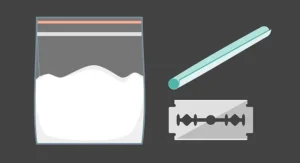
Understanding Cocaine Addiction Psychology: Pathways to Recovery
At the heart of ‘cocaine addiction psychology’ lies a critical inquiry: why is it so difficult to break free from the clutches of cocaine? This
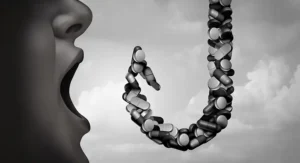
Recognizing the Signs of Opioid Addiction: A Guide
Are you or someone you know showing signs of opioid addiction? It’s critical to recognize the early symptoms which may include noticeable changes in behavior,
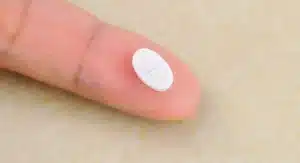
Benzo Addiction: Symptoms, Risks, and Treatment
What is a benzo addiction? It’s when the use of benzodiazepines, drugs commonly prescribed for dealing with anxiety and sleep issues, crosses into dangerous territory,
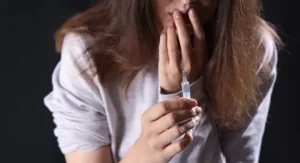
Recognizing the Signs of Heroin Addiction: Symptoms and Help
Are you or someone close showing unexplained mood swings, health changes, or have you noticed unusual items that might be linked to drug use? These

Understanding Why Are Opioids Addictive
Why are opioids addictive? The simple yet profound answer lies in their powerful influence on the brain’s natural reward system. This article cuts through the

The Role of Professional Interventionists in Addiction Recovery
Addiction, a relentless and often misunderstood foe, challenges not only those who suffer from it but also those who surround them. For families grappling with











